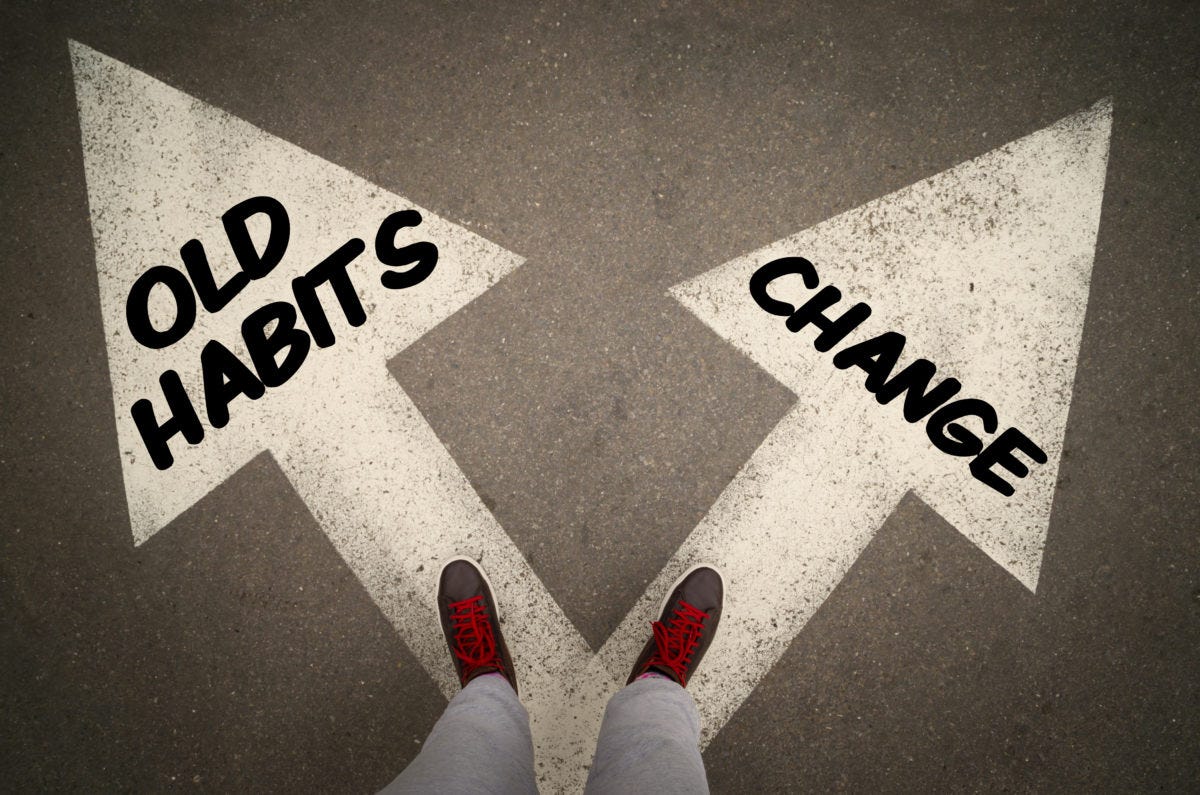As the proverb goes, “One person's loss is another person's gain". The Hollywood strike I described a few days ago is boosting opportunities for the online, social media and AI driven ‘Creator Economy”, already burgeoning at $250 billion this year on Goldman Sachs estimates. I’d highlighted the key difference this time in the earlier post (bolded below),
“Especially since Tech and AI waves over the long run accelerate the trend from Scarcity to Abundance, in terms of digital creation and distribution (aka Streaming) of any content that ultimately attracts human attention. For Hollywood for now, it’s about carving smaller pies while waiting for bigger, newer pies.”
And the losses by the strikers themselves may turn into gains, as writers and actors may find new opportunities on the ‘Creator’ side, as they await months for resolution of their current demands. As The Washington Post explains:
“The last big strikes reshaped the movie business and fueled the rise of reality TV. The latest walkout likely will help turn established actors into TikTok stars — and vice versa.”
“Studios and producers are scrambling to recruit creators to help fill a content void, stoking tensions over scab work and changing styles of storytelling.”
“But striking actors and writers are increasingly less reliant on Hollywood, too, experimenting with new ideas on Instagram, YouTube, TikTok and Twitch in ways that could net them lasting followings — if not steady paychecks — that go beyond traditional industry success.”
“ The last Hollywood strike radically reshaped the media landscape by fueling the rise of unscripted content, like documentary series and reality TV shows, that were cheaper to make and easier to mass-produce, such as “Cops” in the late ’80s and “The Celebrity Apprentice” in 2008.”
It bears stressing again that previous strikes saw competitive technology catalysts (TV, home video, DVDs, reality shows), and those new content streams expanded the funnel and supply of new content, but the content was still relatively Scarce.
On the Studio side, things are riskier than they’ve been in a decade, with tens of billions expended yearly on ‘Peak TV’ in Streaming ventures, as this LA Times piece tells it:
“CEOs fell for Silicon Valley’s magical thinking. Studio heads are touting the disruptive properties of digital streaming, the transformative power of AI, a brave, unpredictable new world for entertainment writ large — and how writers and actors must adapt to this new future.”
“These companies blew up a successful business model that the public enjoyed, that was immensely profitable, and they replaced it with a mishmash that we have now,” Adam Conover, a negotiating committee member of the Writers Guild of America, tells me. “And now, they’re refusing to update the contract to reflect those changes.”
So those are the two sides of the negotiating table.
In the new middle are YouTube, TikTok and other social media and AI-algorithm driven content created by this new ‘Creator Economy’, is relatively Abundant. That changes things a lot. And the abundance is likely to be turbocharged with AI, especially with smart agent driven personal identities, that Meta’s Zuckberg is already discussing (discussed further in future posts).
And the numbers are already bigger than ever this time already in this new flood of relatively ‘Abundant’ content. As Goldman Sachs reviews in their recent report;
“The so-called “creator economy” has mushroomed and is expected to grow even more in the coming years,”
“Individual people with their own brands and online audiences have emerged as one of the biggest developments of the digital age.”
There are several drivers, as the report outlines:
“New platforms such as TikTok have emerged, while legacy platforms like Facebook and YouTube have also introduced new formats for sharing short-form video, live streaming channels and other forms of user-generated content.”
And the numbers are noteworthy indeed:
“As the ecosystem grows, the total addressable market of the creator economy could roughly double in size over the next five years to $480 billion by 2027 from $250 billion today,”
Almost half a trillion dollars in three years. Before AI smart agents and other innovations to come that will accelerate the content abundance. The report highlights half a dozen key drivers, but one key driver of course, is AI:
“Strong AI-powered recommendation engines play an increasingly important role: for surfacing relevant content and matching creators with interested users.”
TikTok, as I've discussed here and here, has been a big enabler of AI at scale. Along with fast follows by Google’s YouTube, and Meta’s Reels short video products and of course Threads. Remember, got to 100 million users in less than a week vs two months for OpenAI’s ChatGPT. And everyone is focused on implementing AI-driven ‘For You’ feeds, pioneered by TikTok for years now.
On the flip side, the Washington Post piece already highlights the substantial opportunities that striking writers and actors are already finding, in terms of new abundant audiences, and revenues via the online platforms:
“Others are reevaluating which business offers the best rewards. Sarah Pribis, a working actor for more than 15 years in New York who has built a dedicated audience on TikTok, said that while she still receives paid acting gigs, the money she makes as a creator has consistently beaten her acting income for the last six months. “
“I’m seeing actors right now take to the internet, when they normally don’t make content, and it’s really powerful stuff,” she said. “Hopefully they find: ‘Oh hey, I have a voice here, maybe I can turn this into something that monetizes for me.”
One thing the pandemic showed us all is how Habits once changed can then take a long time to spring back. Note how many folks still want the flexibility NOT to commute back to the office.
The longer the strikes go on, the more regular folks will get used to abundant alternatives online. And more professionals will get the bug of independent creation. Most increasingly AI driven all around. Old Habits will get scarcer. Stay tuned.




